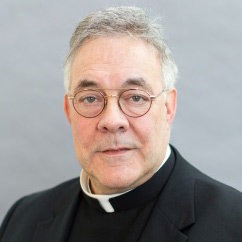Over at the Catholic Thing, Scott Walker looks at Climategate and the intolerant groupthink undergirding the “consensus” on global warming. He starts by offering a quote from sociologist Robert Nisbet on “the Enlightenment myth that the Catholic Church brutally oppressed Galileo. Our own time, Nisbet insisted, has seen much worse.”
Galileo, as it turns out, was more concerned about the reaction of fellow scientists than he was about Pope Urban VIII and the Inquisition:
Most important for our purposes is Galileo’s fate after his enemies forced the Inquisition to find him “guilty” of Copernican teachings. Though made to take a pro forma oath of recantation, he was not imprisoned. Instead, he was given “house arrest” at his wealthy patron’s estate where he had long conducted most of his research. He lived for years, and far from being daunted or suppressed, he produced some of his most important writings, “was in constant communication with the leading scientific lights of Italy and all Europe,” and had “as many students as he wished” to assist him and continue his work after his death.
Contrast Galileo’s flourishing in the seventeenth century, funded by the private sector, with the situation of scientists in our day. They face governments that grow grander and more controlling by the minute, as well as an academic climate in which the disinterested search for truth withers in the cold glare of skepticism, relativism, and materialism.
In controversies over man-made global warming, there’s the added factor of something that smacks of religious fanaticism. Fr. James Schall and historian Paul Johnson have observed how some strains of environmentalism have religious features: a fall of man, a catalogue of sins, a call to repentance and asceticism (at least for those of us who aren’t ex-Vice Presidents living in Nashville mansions), the promise of salvation, and dire warnings of a secular apocalypse. No wonder the Savonarolas of solar energy are harsh with those who dissent from their calls to repress vices like burning coal or driving an SUV.
Read Scott Walker’s “Galileo Code” here.

